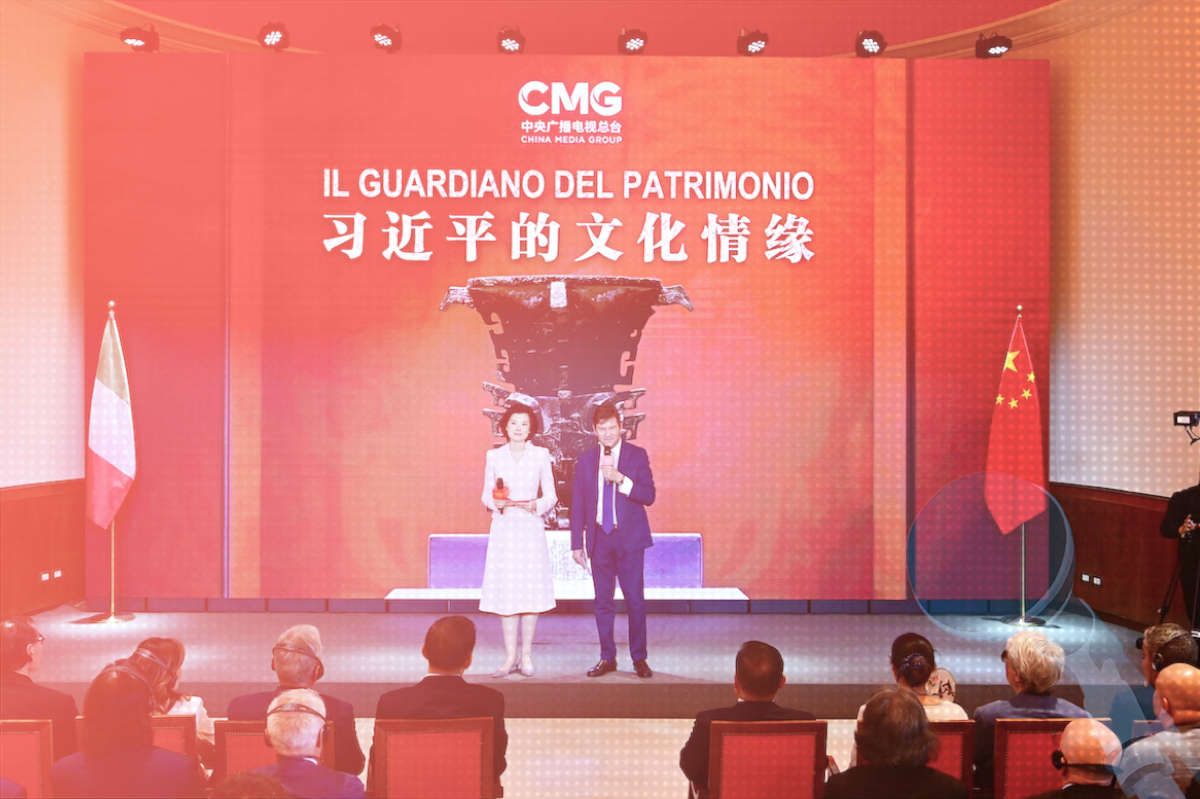Headlines and Hashtags
Debate over media professionalism continues in the wake of the “tea causes inflammation” case
As the “tea causes inflammation” (茶水发炎) controversy and the tragedy of Yang Lijuan grab the eyeballs of consumers, Chinese media are turning to a question very close to home — what are their professional obligations?
In an article yesterday, China Youth Daily, a newspaper published by Chinese Communist Youth League, published the results of a brief survey in which readers were asked whether they felt media were looking after the public interest in carrying out an undercover investigation of hospital care, or whether it had failed to abide by journalistic ethics.
Of 3,309 respondents, the paper said, just under half supported the actions of the media. More than 25 percent said reporting in the case violated journalistic codes, was unprofessional, and did little to improve the “building of a harmonious relationship” between doctors and patients.
China Youth Daily quoted Zhan Jiang (展江), a former CMP fellow and professor of journalism at China Youth University for Political Sciences, as saying: “While the ‘tea causes inflammation’ affair exposes problems in China’s health sector, it also brings conflict over professional journalism ethics before the public.” This was a question, said Zhan, about ways (道义论) and whether they justify the means (目的论).
MORE SOURCES:
“Didn’t you know tea causes inflammation?“, Zhang Ping, Southern Metropolis Daily, April 17, 2007
“Looking at the ‘double edged sword’ of the media through the ‘tea causes inflammation’ case“, Guangming Daily, April 17, 2007
“The ‘tea causes inflammation’ case will become a healthcare anecdote“, Guangming Daily, April 17, 2007
“The ‘tea causes inflammation’ case raises controversy over media ethics“, Xinhua News Agency, April 16, 2007
[Posted by David Bandurski, April 17, 2007, 3:05pm]





















